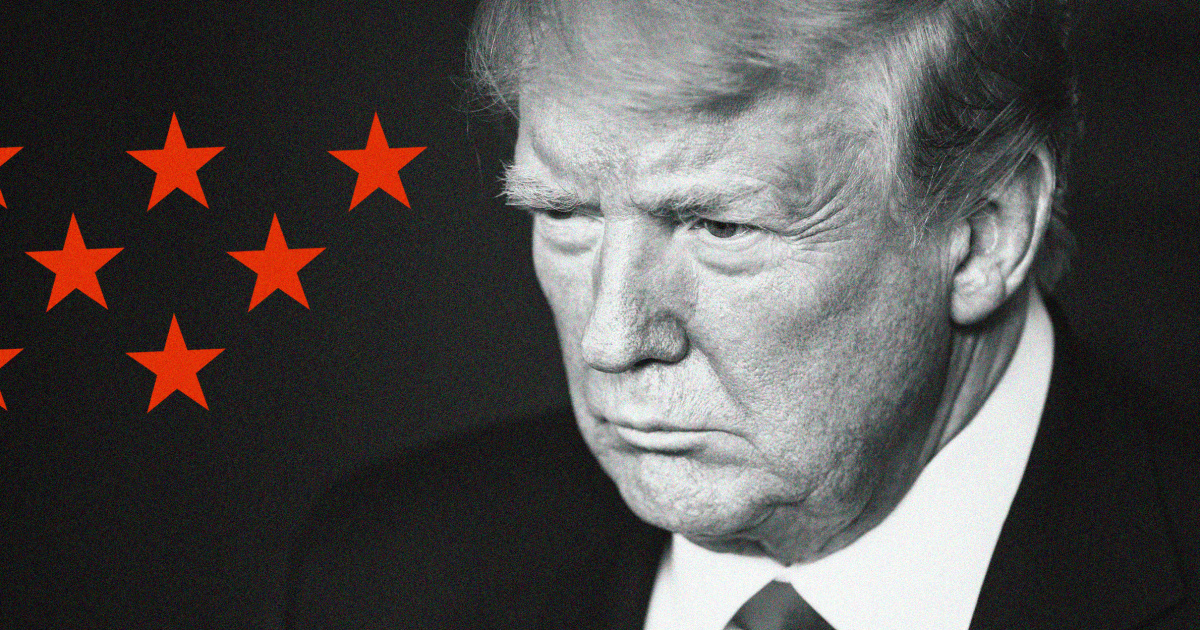
The People of New York v. Donald Trump is only just beginning. After Tuesday’s arraignment, the legal process that unfolds could take months, if not much longer. Here’s what to expect next.
Discovery handed over to the defense
Within 15 days of arraignment, the prosecution must turn over all the evidence gathered as part of the investigation (known as “discovery”) to the defense team. This includes the minutes from the grand jury process, the testimony from every witness (sometimes with redactions), law enforcement notes of anyone interviewed (even if they didn’t testify in front of the grand jury), every exhibit put in front of the grand jury to substantiate the charges in the indictment, and other records prosecutors obtained through subpoenas (think telephone records, tapes, things of that nature).
Motions, motions and more motions
Trump’s defense team has already said it will quickly file motions in court to get the case dismissed before it ever reaches a jury. Generally, the defense side has 45 days to make motions after arraignment, but the judge has the discretion to grant the defense more time.
Without the benefit of seeing the actual indictment right now, it’s hard to know exactly how Trump’s team will attack the charges, but Trump himself has already floated the idea of filing a motion to transfer the case out of Manhattan. Motions to transfer venue are rarely granted and the defense team would need to convince the judge that Trump cannot get a fair trial in the city due to pretrial publicity.
With the amount of national media attention this case has already generated — not only in New York — it’s going to be challenging to persuade Merchan to move the case elsewhere.
“No judge is going to seriously entertain it. There’s no basis to conclude he can’t receive the same fair trial in New York as he would in Mississippi,” said Robert Gottlieb, a former assistant district attorney in Manhattan who is now in private practice. “New York jurors consider themselves smarter than everyone else and they will analyze this case to death — red or blue.”
Other motions might hinge on arguments about the statute of limitations having expired, the nature of the charges involving federal campaign violations, or other attacks on the sufficiency of the evidence.
Jeremy Saland, another former assistant district attorney, also suggested Trump’s team could file catch-all motion to dismiss the indictment — known as “Clayton motion” — seeking to have the judge toss the case out not on the merits, but in the interests of justice. Trump’s defense lawyers would most likely point to the fact that he wasn’t prosecuted by the previous district attorney.
Trial
The “speedy trial” rule in New York states that prosecutors must be ready to try a felony case within six months, but what’s on the books is different from what happens in reality. Former prosecutors familiar with trying criminal cases in New York predict this case is likely to take much, much longer to reach trial, if it gets that far.
“In the ordinary circumstance, it could take a year to get to trial,” said Daniel Horwitz, a former assistant district attorney in Manhattan, who noted the process could drag on longer here depending on how many months it takes for the judge to resolve all the motions filed by Trump’s legal team.
Saland agreed. “I could see this go north of a year. They are going to file every motion in the book.”
Source: | This article originally belongs to Nbcnews.com










